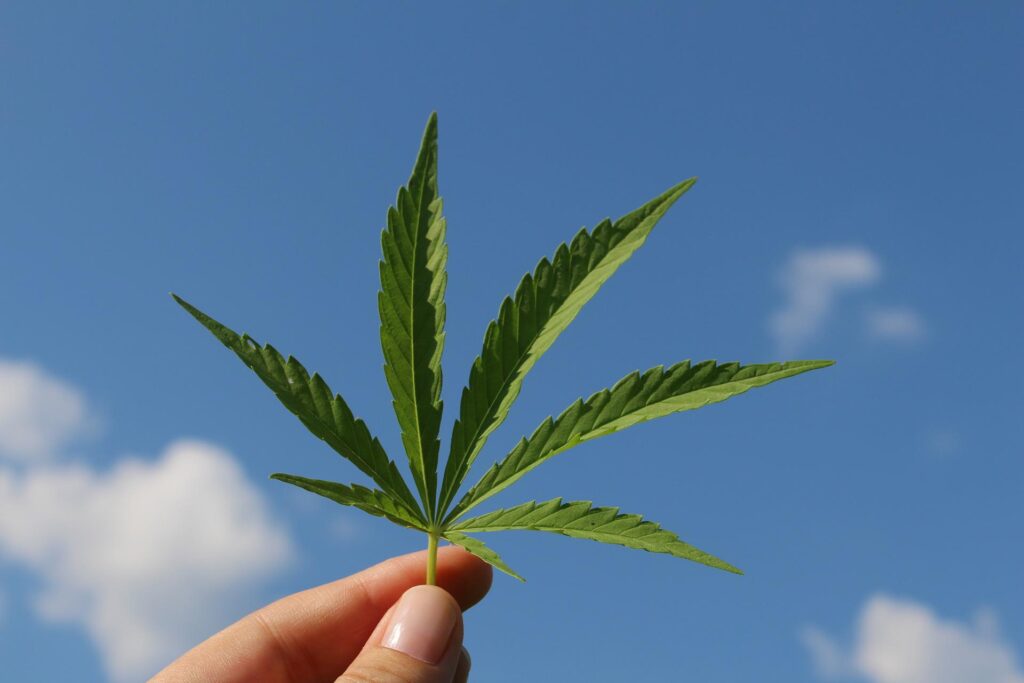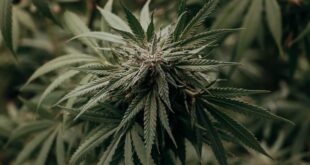Regulations have been strict in Hawaii, hampering the growth of the state’s medical marijuana industry, causing sales to slow and making the regulated market uncompetitive with the illicit market, according to new data.

The analysis, commissioned by the Hawaii Cannabis Industry Association, found that sales have slowed from an annual growth of 110% in 2019 to 68% in 2020 to only 12% in 2021, Honolulu-based media outlet Hawaii News Now reported.
The report also shows that only four of 10 patients have purchased medical marijuana from the licensed market. That leaves more than 20,000 registered patients who are not purchasing cannabis from legal dispensaries.
The industry cites overly stringent taxes and a complicated medical ID-verification process for patients as two of several problems with the regulatory structure set by the state.
“These regulatory policies not only hinder growth of the legal medical cannabis industry, they impair the legal industry’s intended displacement of illegal cannabis sales,” according to the report, which was written by economist Paul Brewbaker.
The industry association recommends that the state:
Increase the number of allowed medical marijuana dispensaries per business in order to expand geographic access.
Increase the amount of allowed cultivation production per licensee to meet demand.
Allow a wholesale market where MMJ companies can sell to each other.
“In its current form, the medical cannabis industry is unsustainable and will continue to decline without substantive regulatory and statutory changes,” the report concludes.
 Investment value finders Investment value finders
Investment value finders Investment value finders



